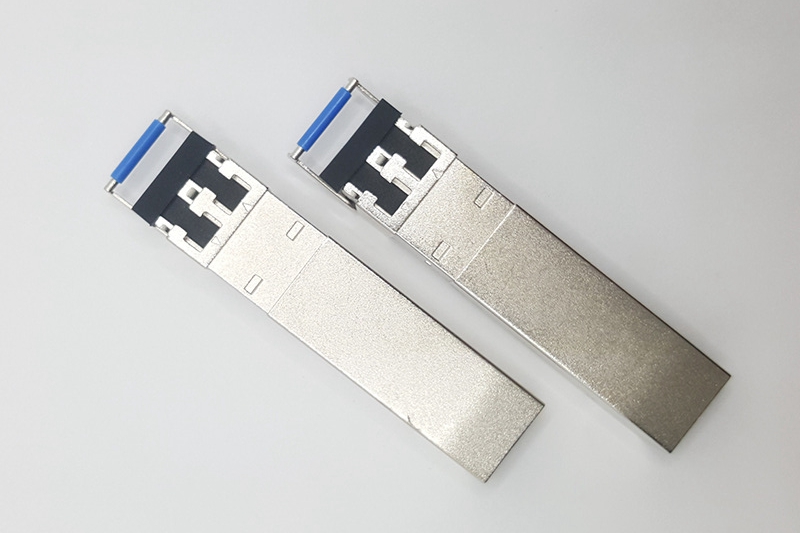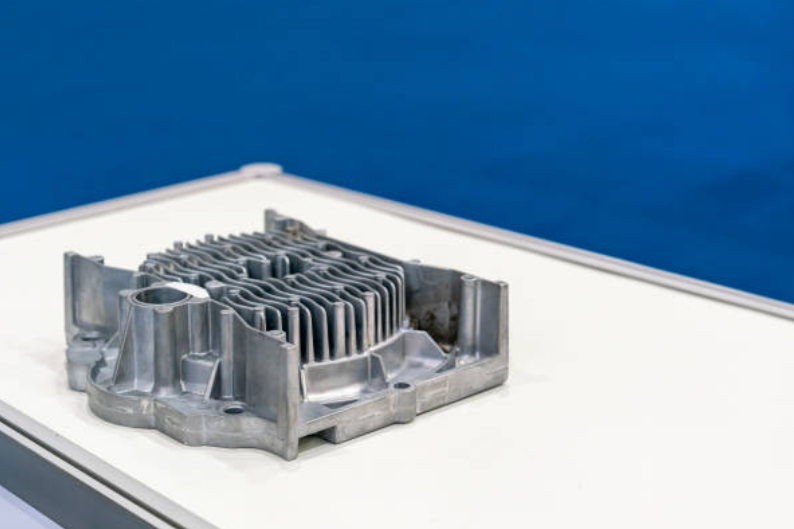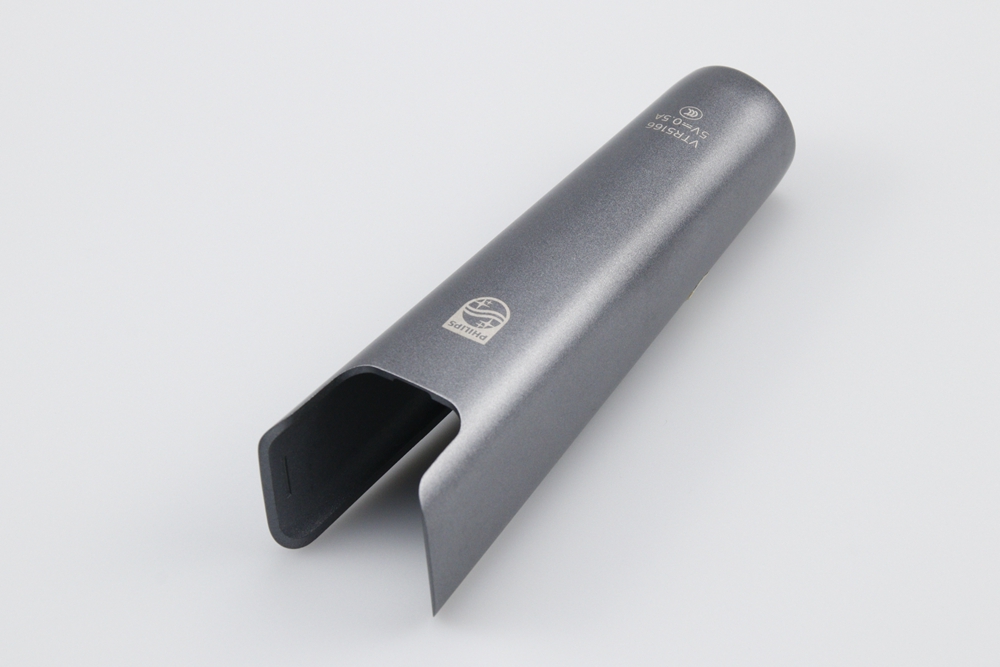What are the future innovations expected in aluminum die-casting technology?
Advanced Alloy Development and Material Engineering
Next-generation aluminum die casting will be driven by high-performance alloys engineered for strength, heat resistance, and sustainability. New formulations, such as modified A380 and A356, are being developed to improve thermal conductivity while maintaining lightweight properties. These alloys enable thinner wall designs, reducing both material use and energy consumption. Enhanced recyclability is also becoming a design priority for eco-smart manufacturing, allowing full reuse of casting scrap with minimal performance loss.
Integration of Smart Process Control and AI
Future die-casting lines will integrate AI-driven monitoring systems that analyze temperature, pressure, and fill rate in real time. By combining machine learning with predictive maintenance, manufacturers can prevent defects, extend tool life, and reduce downtime. Such automation aligns with precision casting practices where micro-level consistency and process stability are essential for cost control and quality assurance.
Hybrid Manufacturing and Additive Integration
A growing trend involves combining die casting with 3D printing prototyping and CNC machining for tooling and post-processing optimization. Additive manufacturing enables rapid mold repair, conformal cooling design, and shorter lead times. This hybrid approach allows faster prototyping and more flexible customization for automotive and aerospace applications, where precision and turnaround speed are critical.
Sustainable Finishing and Coating Technologies
Future surface treatments will focus on environmental performance and durability. Techniques like anodizing, electropolishing, and powder coating will evolve toward closed-loop chemical systems that minimize water use and emissions. These processes enhance surface protection while supporting sustainability goals across the energy and lighting solutions sectors.
Digital Twins and Data-Driven Manufacturing
The next evolution in aluminum die casting will leverage digital twin technology—virtual models of casting cells that simulate performance and predict quality outcomes. Combined with IoT-enabled sensors, manufacturers can analyze complete production data to optimize every stage of casting, cooling, trimming, and surface finishing. This data-driven approach ensures zero-defect production and adaptive process improvement.



